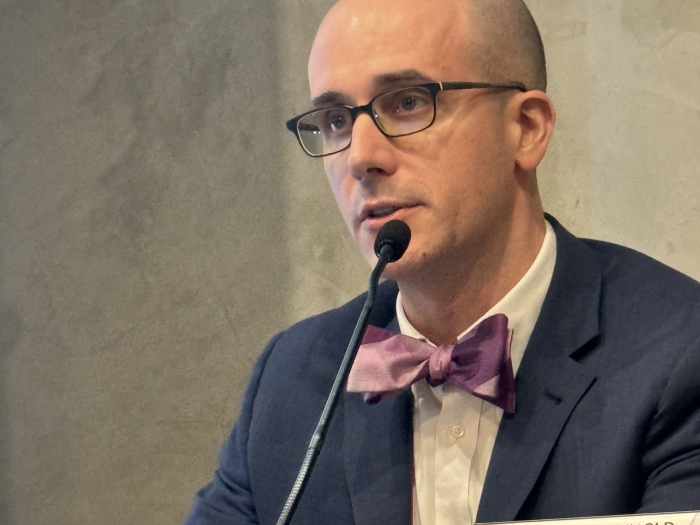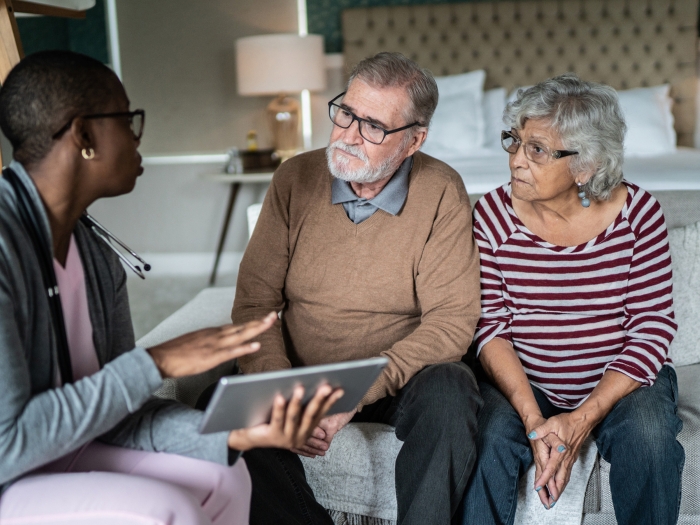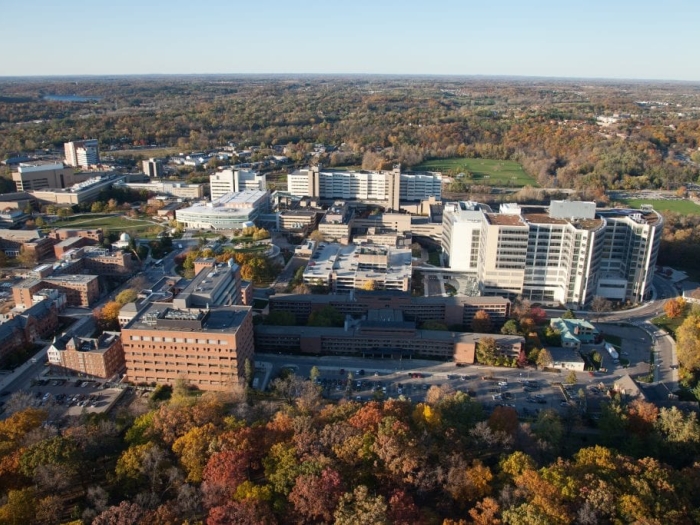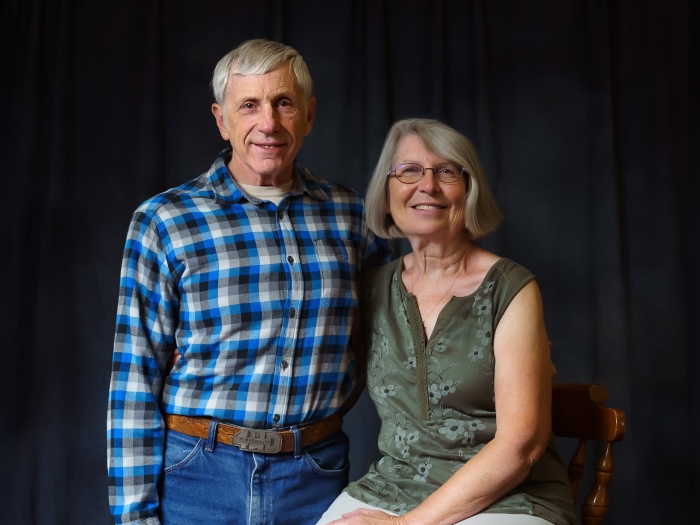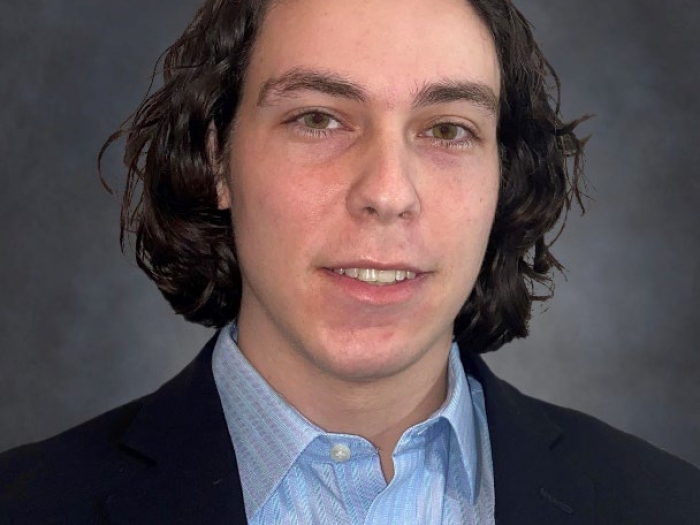"Don't contaminate the surgical field," I repeatedly thought to myself as I entered the OR. Over the first 3 weeks of my surgery clerkship, I had made more than a handful of mistakes. The first day, I forgot to take off my watch prior to putting on gloves to place a Foley catheter. The second day, the patient bed brushed the corner of the scrub nurse's blue sterile table as I was wheeling it out of the OR. The third day, I cut too close to the end of the surgeon's knot – thus undoing his work. Day 4, I touched the handle of the surgical lights with my sterile gloves and so the list goes on. Throughout the clerkship, I made a list of all the mistakes I've made, partly to remind me not to make the same mistake again since as Confucius would say, "a man who has committed a mistake and doesn't correct it is committing another mistake." But it also serves to document how far I've come within even the year and even a month. On a day to day basis, I am constantly humbled by how much more there is to learn. As with many activities, the more I learn, the less I realize I know.
One of the many corridors in the hospital early in the morning
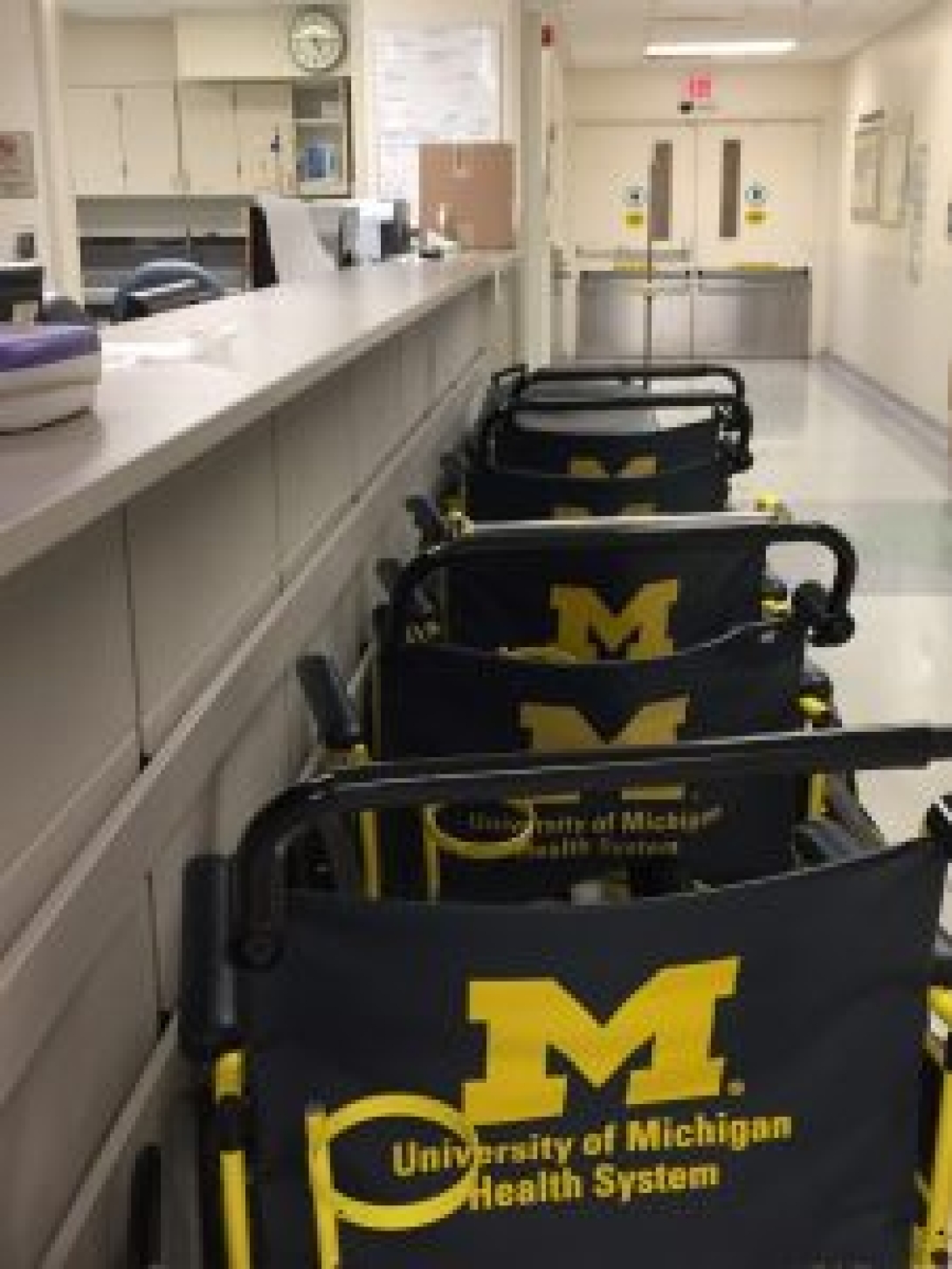
The smooth confident motion in which I saw the attending and surgery resident swiftly tie the knot with seemingly minimal effort belied the amount of technique that goes into the motion. I quickly learned this when towards the end of the case, my resident handed me a suture.
"Do you know how to tie a subcutaneous stitch?" he asked me. During my first two years, I had attended multiple suturing sessions and had practiced with pig feet. I felt reasonably confident. "Yes," I concisely told him. I soon learned that there is a skill in doing this.
"Turn your wrist more," he admonished. I rotated my wrist.
"Pinch less skin with your forceps", he told me, "that way you're better able to see where you're going."
"You can't come out where you grab the skin. Grab another piece".
I struggled to perform these steps correctly. The resident was very nice about it. But it seemed as though I was doing every possible thing wrong. Ironically, I had tied a subcutaneous suture previously with another resident, during which I had received no commentary. Was it that my technique had gotten much worse over the past week? Or that the previous resident was too polite to comment? Or that he simply wanted to quickly finish closing the patient up after a long case? Or maybe it is that the farther we go in our training, the more confident we feel in teaching others. It's hard to know exactly why.
Finishing the day, heading home
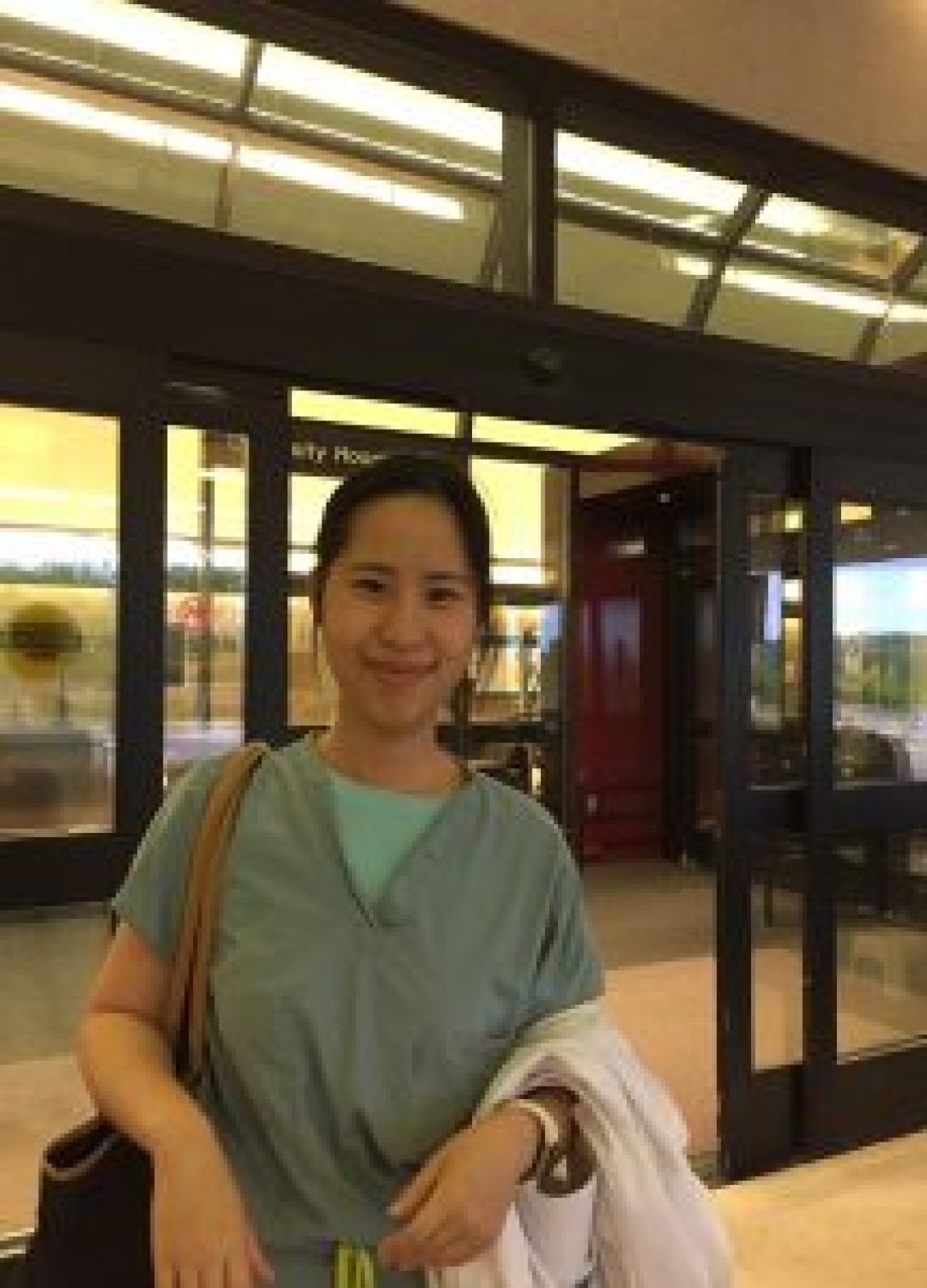
A view of the hospital on the walk back to my apartment

I have however found that good feedback can be hard to come by. Feedback that is both specific and actionable is rare. This is often due to limitations in time as, understandably, patient care takes priority. Furthermore, giving good feedback can be difficult too in itself. Prior to entering medical school, I had taught as a high school teacher and found while grading chemistry lab reports that it can be incredibly difficult to give constructive feedback. While one can often see that something is wrong, it takes a more thorough understanding of all the finer details of a process to be able to explain not only "what" is wrong, but also "how" and "why" it is wrong. So when a resident, nurse, attending, or even fellow medical students are able to give useful feedback especially things that I'm doing wrong, I am incredibly grateful. I will always bear in mind the feedback and things I've learned here as I continue this journey!

Department of Communication at Michigan Medicine
Want top health & research news weekly? Sign up for Health Lab’s newsletters today!

